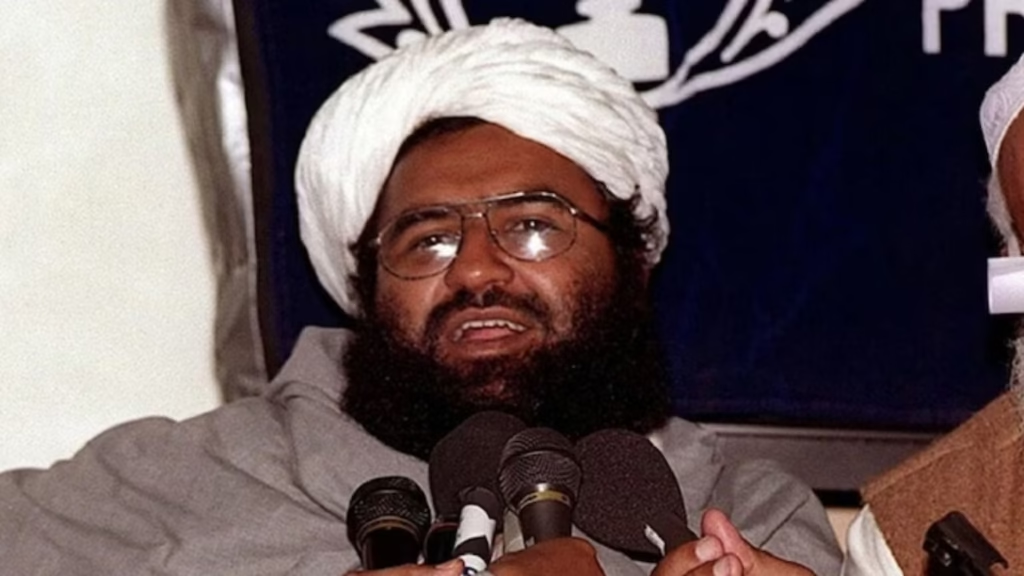A few months ago, India’s Operation Sindoor made headlines for its precision strikes that destroyed multiple terror camps across Pakistan and Pakistan-occupied Kashmir (PoK). The operation was a strong response to the Pahalgam attack of April 22, which had left 26 civilians dead.
Those May 7 strikes hit nine launch pads and wiped out key bases of Jaish-e-Mohammed (JeM), including Markaz Subhanallah, Markaz Bilal, Markaz Abbas, Mahmona Zoya, and Sargal. More than 100 terrorists were killed, and the blow was considered massive.
But here’s the worrying part—intelligence reports now suggest that JeM isn’t backing down. Instead, they’ve found a new way to collect money and rebuild: digital wallets.
The New Fundraising Tactic
According to intelligence inputs, Pakistan’s spy agency ISI and Jaish-e-Mohammed (JeM) are running a huge campaign to raise funds through EasyPaisa and SadaPay—popular digital wallet services in Pakistan.
Unlike bank accounts, these wallets allow wallet-to-wallet or wallet-to-cash transfers that are harder to trace. This helps JeM dodge global watchdogs like the FATF, which normally track money flowing through formal banks.
Reports say the group has drawn up a plan worth PKR 3.91 billion to open 313 new camps (markaz) across Pakistan, similar to what Lashkar-e-Taiba once did.
Who’s Behind It?
The fundraising is being personally driven by Masood Azhar, JeM’s chief, along with his brother Talha Al Saif. The wallets being used are linked to Azhar’s relatives, making it look like family transactions instead of terror funding.
At any given time, Azhar’s family reportedly operates 7–8 wallets, changing them every four months. Around 30 new wallets are created every month to keep the system running smoothly.
Where Is the Money Coming From?
The collection is happening in multiple ways:
-
Online Campaigns: Appeals are circulated through Facebook, WhatsApp, and other social media channels using posters, videos, and even letters from Masood Azhar.
-
Mosque Donations: JeM leaders collect money during Friday prayers, often pitching it as aid for Gaza. Officials believe these funds are quietly redirected to terror activities.
-
Charities: The Al Rahmat Trust, a Bahawalpur-based organisation closely tied to JeM, is also routing money through separate accounts.
A big chunk of funds is reportedly coming from Gulf nations, where JeM still has supporters willing to donate.
How the Funds Are Used
Sources estimate that nearly 80% of JeM’s finances now pass through digital wallets, with annual transactions worth PKR 80–90 crore.
This money is used for:
-
Buying weapons
-
Running training facilities
-
Maintaining communication networks
-
Supporting Masood Azhar’s family
-
Expanding their footprint by building new markaz
The Takeaway
India’s airstrikes under Operation Sindoor dealt a heavy blow to JeM, but the group has quickly adapted. By moving to digital wallets, they’ve found a loophole that helps them avoid international scrutiny while still raising huge amounts of money.
For Indian agencies, this means the fight isn’t over—it has simply shifted from physical camps to digital platforms.








